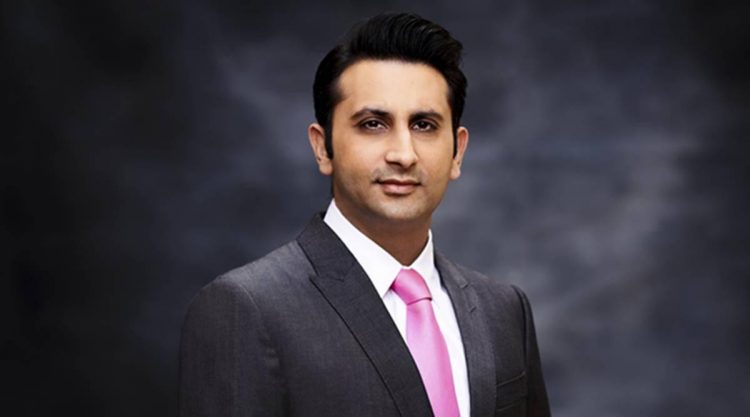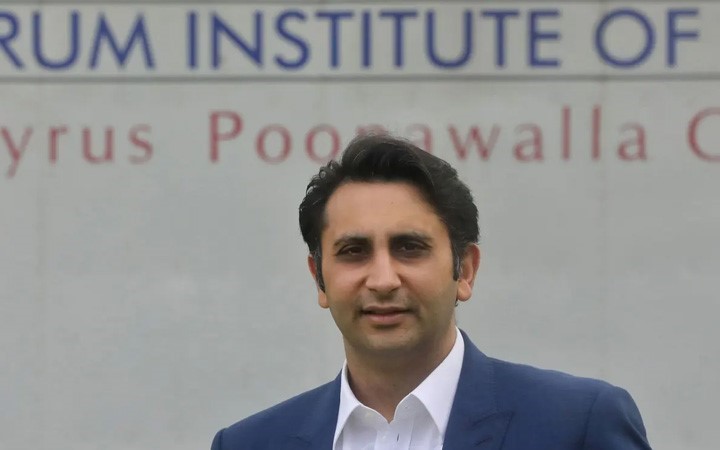When serum institute made a revolution with their COVID-19 vaccine Covaxin, it significantly impacted the world. Daily, India supplies millions of vaccines to different countries. Even developed countries like the UK are asking for help from India. This is creating good relations with so many countries at once!
Now, Adar Poonawalla, CEO of Serum Institute of India, which is the world’s largest COVID-19 vaccine maker, is hoping to launch another vaccine- Covovax by September 2021.
Covovax will be effective against UK, African, and other variants, which has proved to be one of the faster-spreading variants of COVID we have encountered. Studies reveal that Covovax will be 89% effective against the new variant of the virus. It will be created along with the partnership with an American vaccine developer Novovax.

“Covovax trials are finally starting in India; the vaccine is being developed in collaboration with @Novavax and @SerumInstIndia. We have tested it against the African and UK varieties for # COVID19, and it has a total strength of 89%. Hopefully, it will be launched in September 2021,” Adar Poonawalla wrote on Twitter this afternoon.
Covovax is an SII type of coronavirus vaccine developed by the US Novavax. Earlier this month, it announced that dosages were 96% effective than the initial pressure, determined in a phase 3 trial conducted in the UK. This is the highest performance so far achieved with the Covid-19 vaccine against the original variants of Covid-19. However, the vaccine’s effectiveness has dropped to 86.3% compared to the mutant that is now prevalent in Britain. On average, the effectiveness of the Covid-19 vaccine was 89.7%, the company said.
Read More: Travel to Oyo Rooms Journey: The Success Story of Ritesh Aggarwal
Meanwhile, in another phase 2 trial conducted in South Africa, where some variables advanced, the overall performance rate dropped to 48.6%. While efficiency is low compared to evolving problems, the vaccine has still shown better results than the jab made by AstraZeneca plc and the University of Oxford.


